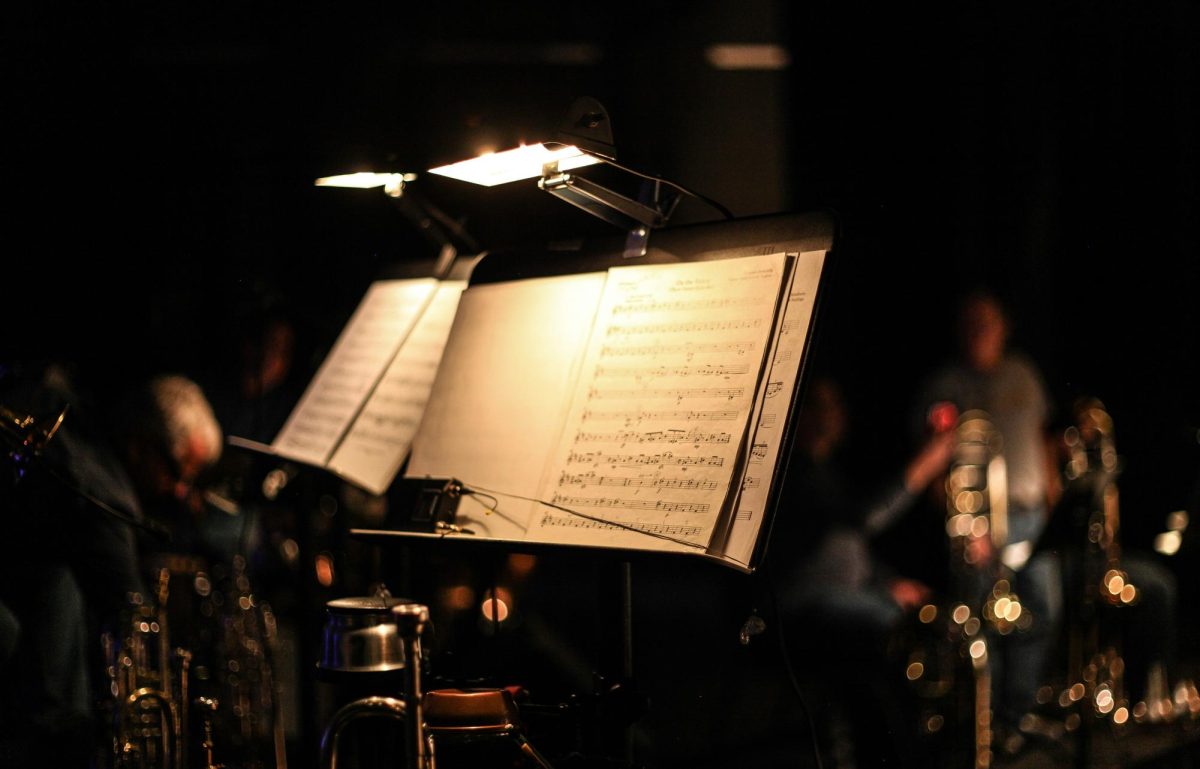Ridge’s Reads

September 1, 2021
Since that summer before the beginning of the freshman school year, I have had the opportunity to read and analyze a handful of novels as assigned in my English classes throughout my high school academic career. Now being a junior, with about 10 novels under my belt over the past three years, most have resonated in my daily life to an impactful extent.
Through their themes and character growth that I can analogically live alike as I read between the book covers, their author’s purpose is achieved. This has taught me lessons, stretched my critical thinking artilerty, and has provided me with a sort of respect for the literature we get the privilege to dissect during the school year.
To applaud these valuable lessons, here are some of the novels I have really enjoyed and their lessons that can be taken away from their study through the English classes on campus.
To Kill a Mockingbird (Freshman Year): Written by Harper Lee, this book was destined for the incoming freshmen of Mountain Ridge. This novel takes a step out of the closeted world other literature might expose to their reader, and primarily pedestals the theme of good vs. evil.
This is discovered as the main character, Scout, transitions from her youthful innocence to encountering the evilness the adult perspective can recognize. With her naive age, she assumes that people are all good, until she gets a taste of the world through her father’s work and violence from the neighbors.
Subthemes of hatred, prejudice, and ignorance pour off the pages that educate the reader of the unbalanced scale the real world reeks of. As middle schoolers transition into the new reality of high school this novel is impactful in the sense of educating hard themes of the real world to those coming of age.
The book showed me the new sides of the world and how naiveness can be an unreliable flaw which paralleled the transition and growing up high school requires.
1984 (Sophomore Year): This novel was written by George Orwell and provides the dystopian society that totalitarian governments can present. This novel was drafted as a warning for western nations during the Cold War.
The book’s impact allows the reader to walk in the shoes of Winston Smith as he endures the life of the New World where free thinking is the worst crime. Winston’s plot line follows his resistance and slyness to the Party that controls him, leading him to commit the biggest crimes the society holds.
In the finale, Winston is caught and it is discovered that his closest ally was a part of the villainous society all along too. He is tortured and gives up spirit to where at the conclusion, he loves the society.
A twist that resonates with the readers to the fact that a dystopian society’s lack of liberty is contrary to what Winston views, highlighting the theme of individual vs. society. This book inspires fighting for what you believe in, even if not to this extreme of a stance and also shows the dangers the lack of democracy can diverge.
Wuthering Heights (Sophomore Year): This novel was brilliantly written by Emily Bronte and displayed the life of Heathcliff, the adopted abandoned son, and Catherine, the prestigious beauty of higher status, as they grow through their lives. Heathcliff, was always considered the outcast by all except Catherine who grew inseparable until Catherine’s brother chased him out.
Returning years later, Heathcliff finds his Catherine married to another, despite still loving her. They tango in their relationship as they both marry and have families separately that produces the next generation.
Heathcliff tries to interrupt the love of Catherine’s daughter as revenge for not loving him enough to marry him in his low social class. Catherine’s daughter still overcomes Heathcliff’s malintent and marries who she loves, showing the important lesson of love prevailing its battle with hatred.
The most important lesson this book teaches its reader is that the destructiveness of a love never changes, which is better learned in the imagined reality of the pages than in real life.
Outliers (Junior Year): Authored by Malcolm Gladwell, this novel summarizes the idea that those deemed outliers by their unprecedented rise to success aren’t actually success stories by chance.
Rather it studies the idea that hard work and the right opportunities are what lead to success. A hockey player born in January is put at a much higher advantage in life than fall and winter babies due to its longer time to develop its athletic physique. Or the Beatles were given the chance to play at Hamburg everyday and perfect their craft before their rocket to stardom.
This novel was important to read because of the theme of opportunity and success. It is a valued read because it shows that the success stories you read about in the news aren’t necessarily out of your grasp. Chance and work have showered that spotlight and it is essential for high schoolers in a developmental stage of identity to swallow the idea of hard work.
These novels all respectively have benefitted my own self all courtesy to having been assigned them. Even if I didn’t value them in the moment (especially when it came to homework reading), these novels have helped me seize my perception of the world.
I have learned many lessons, studied various themes, and seen characters rise and fall in these books. But ultimately, they have forged my thoughts as to how the world works and why the way that I live is so important, away from the mistakes, away from the tribulations, and away from the failures that these novels plotlined.
Getting the chance to study these novels may have been for the better as my future lingers around the corner. As I face it, I have these themes stashed in my back pocket, making me the better for it.




